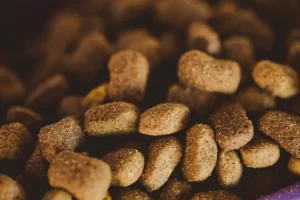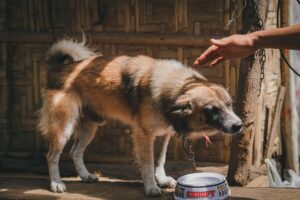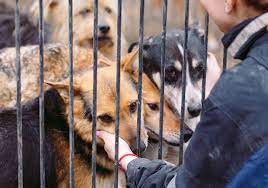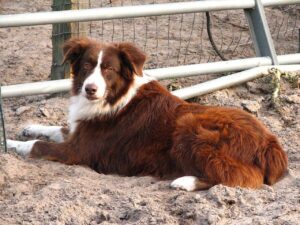Are you the proud owner of a Pitbull puppy? If so, you know that they are a special breed that requires specific nutrition to thrive. The right puppy food can make all the difference in your Pitbull’s growth, development, and overall health. In this guide, we’ll cover everything you need to know to select the best puppy food for your Pitbull, including recommended ingredients, feeding schedules, and top brands.
Table of Contents
ToggleImportance of selecting a specific puppy food for Pitbulls
Pitbulls have unique nutritional needs that should be met with a specially formulated puppy food. It is important to understand that not all puppy foods are created equal, and choosing a generic brand could negatively impact your Pitbull’s health. Pitbulls require a puppy food that is high in protein, low in carbohydrates, and contains the right balance of vitamins and minerals. Selecting a puppy food that is specifically designed for Pitbulls can ensure that your puppy gets the nutrients they need for healthy growth and development.
Ingredients to avoid in Pitbull puppy food
When selecting a puppy food for your Pitbull, it’s important to be aware of the ingredients that could potentially harm your puppy’s health. Pitbulls can be sensitive to certain proteins and may require a limited ingredient diet. It is important to avoid artificial colors, flavors, and preservatives, as well as fillers like corn, wheat, and soy. Additionally, avoid puppy foods that contain by-products or meat meal, which are lower quality protein sources. Opt for puppy foods that contain high-quality animal proteins such as chicken, beef, or fish.
Ideal protein percentage for Pitbull puppy food
Pitbull puppies require a higher percentage of protein in their diet than some other breeds. The recommended protein percentage for Pitbull puppy food is between 25% and 30%. A high protein percentage will support healthy muscle growth and development in your Pitbull puppy. Look for puppy foods that contain high-quality animal proteins as the first ingredient, and that do not contain any fillers or by-products.
Pros and cons of feeding Pitbull puppies a raw food diet
Raw food diets have become increasingly popular in recent years, and some owners have found them to be a good option for their Pitbull puppies. A raw food diet consists of uncooked meat, bones, and vegetables, and offers several potential benefits, such as improved digestion, healthier skin and coat, and better overall health. However, there are also risks to consider. Raw food diets can be expensive, difficult to balance nutritionally, and may even pose a risk to human health if not handled properly. Additionally, there is a risk of bacterial contamination with raw food diets. Always consult with your vet before making any changes to your puppy’s diet.
Top recommended brands of puppy food for Pitbulls
Choosing the right puppy food for your Pitbull can be overwhelming, given the numerous brands on the market. Some of the top recommended brands of puppy food for Pitbulls include Blue Buffalo Life Protection, Merrick Classic Puppy Recipe, and Wellness Complete Health Puppy. These brands use high-quality ingredients, offer specially formulated puppy food for Pitbulls, and have received positive reviews from Pitbull owners.
Feeding schedule and portion size for Pitbull puppies
Feeding your Pitbull puppy on a consistent schedule is important for their overall health and growth. Most experts recommend feeding your Pitbull puppy 3-4 times per day, with portion sizes based on their weight and activity level. It’s important not to overfeed your Pitbull puppy, as this can lead to obesity and other health problems. Stick to the recommended portion sizes for your Pitbull’s age, weight, and activity level. Additionally, always provide fresh, clean water and ensure that your puppy has access to it throughout the day.
Supplements to consider for Pitbull puppy nutrition
Supplements can be a beneficial addition to your Pitbull puppy’s diet, but it’s important to consult with your vet before giving them any supplements. Some commonly recommended supplements for Pitbull puppies include omega-3 fatty acids, which can support healthy skin and coat, and glucosamine and chondroitin, which can support joint health. Additionally, probiotics and digestive enzymes can help improve digestion and overall gut health.
Best Food Options for Pitbull Puppies
When it comes to selecting the best food options for Pitbull puppies, there are several factors to consider. Look for puppy foods that contain high-quality animal proteins as the first ingredient, and that are free from fillers and by-products.
Avoid artificial colors, flavors, and preservatives, and opt for puppy foods that contain natural sources of vitamins and minerals. Some owners may choose to feed their Pitbull puppies a raw food diet, but it’s important to consult with your vet and weigh the pros and cons before making any changes to their diet.
In conclusion, selecting the best puppy food for your Pitbull is crucial for their growth, development, and overall health. By understanding your Pitbull’s nutritional needs and choosing a high-quality puppy food, you can ensure that they receive the nutrients they need to thrive.
Consider the recommended ingredients, feeding schedule, and top brands when selecting a puppy food for your Pitbull, and always consult with your vet before making any changes to their diet. With the right nutrition, your Pitbull puppy can grow into a happy, healthy adult dog.

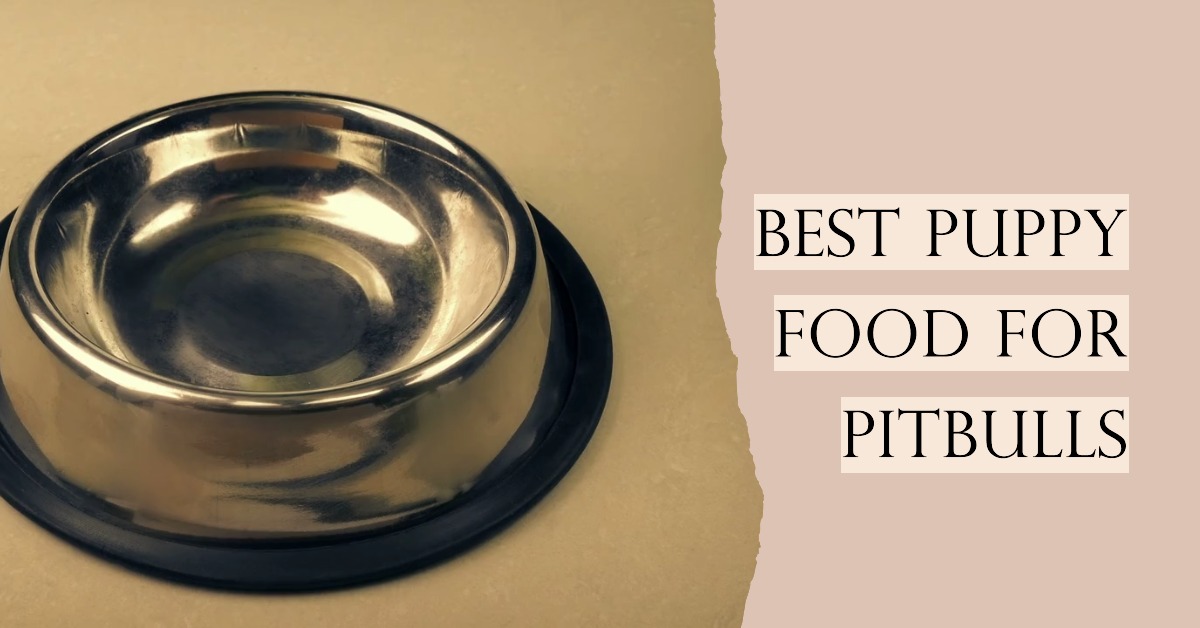

![The Ultimate Guide to Road Tripping with Your Dog [2025 Update]](https://bellabeanupdate.com/wp-content/uploads/2025/05/pexels-photo-1143369-300x209.jpeg)




